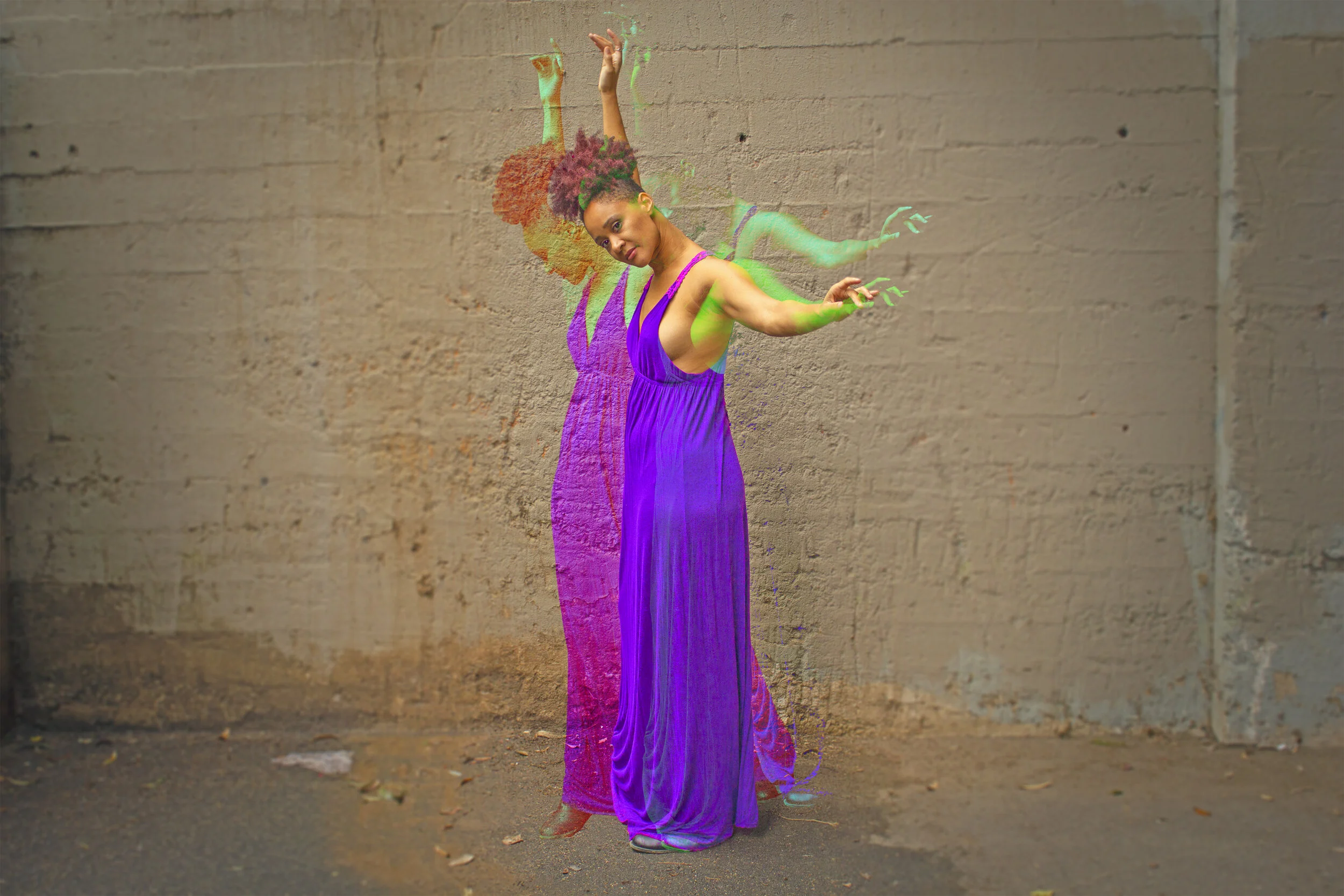How to Stop Time
illustration by Brad Jones for Outer Voice
According to Albert Einstein and anyone who’s spent an afternoon with a tax preparer, time is relative. How long or short a period of time feels depends upon a multitude of elements and our state of mind. A morning with a new love passes much faster than a morning at the dentist.
Artists are master manipulators of time.
Some of us first work in our heads, seemingly dormant for hours or days, and then the gears grab one another and we’re in overdrive. Others plug away consistently every day, producing increasingly strong work punctuated by moments of truly exceeding ourselves.
However we get there, we work best when we reach a golden, timeless space that we call by many names — the flow, the zone, the fugue, the sweet spot — that space where time, work and thought have melded into one.
Time stops. You emerge, and hours may have passed. The muse whispers and you’re in the ultimate moments of creation. It’s as if time stretched to meet your needs.
Alternately, there’s a place where time feels like the master, and a parsimonious one at that. That’s in the space between a negative stimulus and our response. The criticism, the comment, the shocking news footage, the boneheaded Instagram post.
There’s barely enough time to catch a breath between seeing or hearing that negative catalyst and our snapped reply. The retort, the unfollow, the shouts and clamoring.
What if we expand that gap? What if we apply that ungrasping mastery of the flow state to moments of crisis?
Spiritual traditions, diplomacy and philosophy have returned to this again and again over the centuries. How to summon thoughtful patience. How to hold space for breath, thought and dialogue. How to apply empathy to the hard moments.
This is always difficult, but in recent days it seems nearly impossible (especially if you’re short-tempered and opinionated like me). We’ve all worked ourselves into such a fever pitch that even the people we agree with are driving us crazy.
Do you remember Jeff Goldblum’s teleportation machine in The Fly? The one that mixed up his DNA with an unfortunate insect guest and turned him into a goopy monster?
That’s what social media has become. It’s a device that transforms regular people into monsters. It affects everyone — not just hateful people hiding behind walls of anonymity and Macedonian teenagers in digital disguise. All of us have pecked off a heated comment somewhere and hit “enter” before thinking. It’s too easy to do.
The shots of dopamine the pleasure centers of our brains get from social media are as addictive as substance abuse.
And this spills over into our real-life interactions. Stress, social unrest, injustice and regular exposure to trauma and violence squeeze us harder and harder.
But if we learn to hit pause between stimulus and response, we can dramatically change our experience and that of those we interact with.
There are multiple tools and approaches to inserting this pause. A favorite is STOP —Stop, Take a breathe, Observe, Proceed). Every approach shares these common elements:
Recognize your emotional response.
Feel it and sit with it. Investigate it.
Breathe.
Consider the source of your stimulus.
Respond.
Meditation, workshops and practice with those close to us can deepen our abilities.
Does this mean we don’t act for justice and don’t call others out when they’re negatively affecting others? Of course not. But (if there isn’t immediate danger), we breathe and think, then act.
It takes courage to wait. It takes self-confidence and character. It requires the kind of restraint that reminds me that I’m not the center of the universe. My opinion isn’t always necessary. My voice doesn’t have to be heard in every conversation.
David Michie writes,
“From now on, think of these [moments] as research opportunities for a new cognitive experiment, one in which you will attempt to identify and replace a habitual negative reaction with an alternative that is immeasurably more positive.”
Why do this? Because conversation is more productive than cacophony. Kindness creates stronger bonds than anger. Causes are strengthened by clear debate.
How does it affect our work? Other than generally making us nicer and more stable people to be around, it makes it easier for us to find our flow state when we’re working. We’re mindful of our bodies and breath. We’re actively listening to our environment. We’re anchored in the wild seas of our thoughts.
As I learn to pause in the space between catalyst and response, I learn to expand and deepen my knowledge of myself. I better understand what sets me off and why. And I can’t change anything, from my work to the world, without understanding myself.






